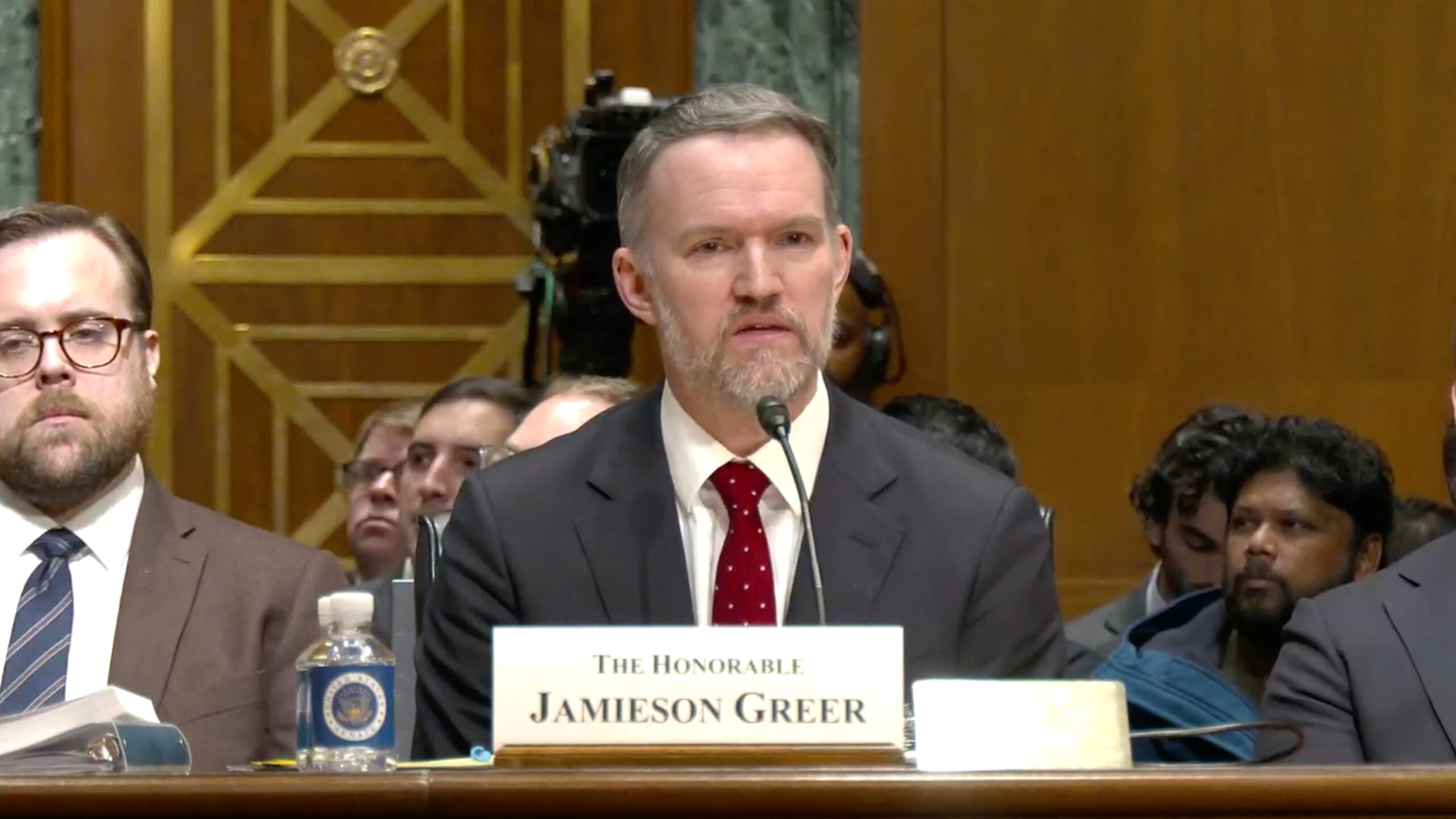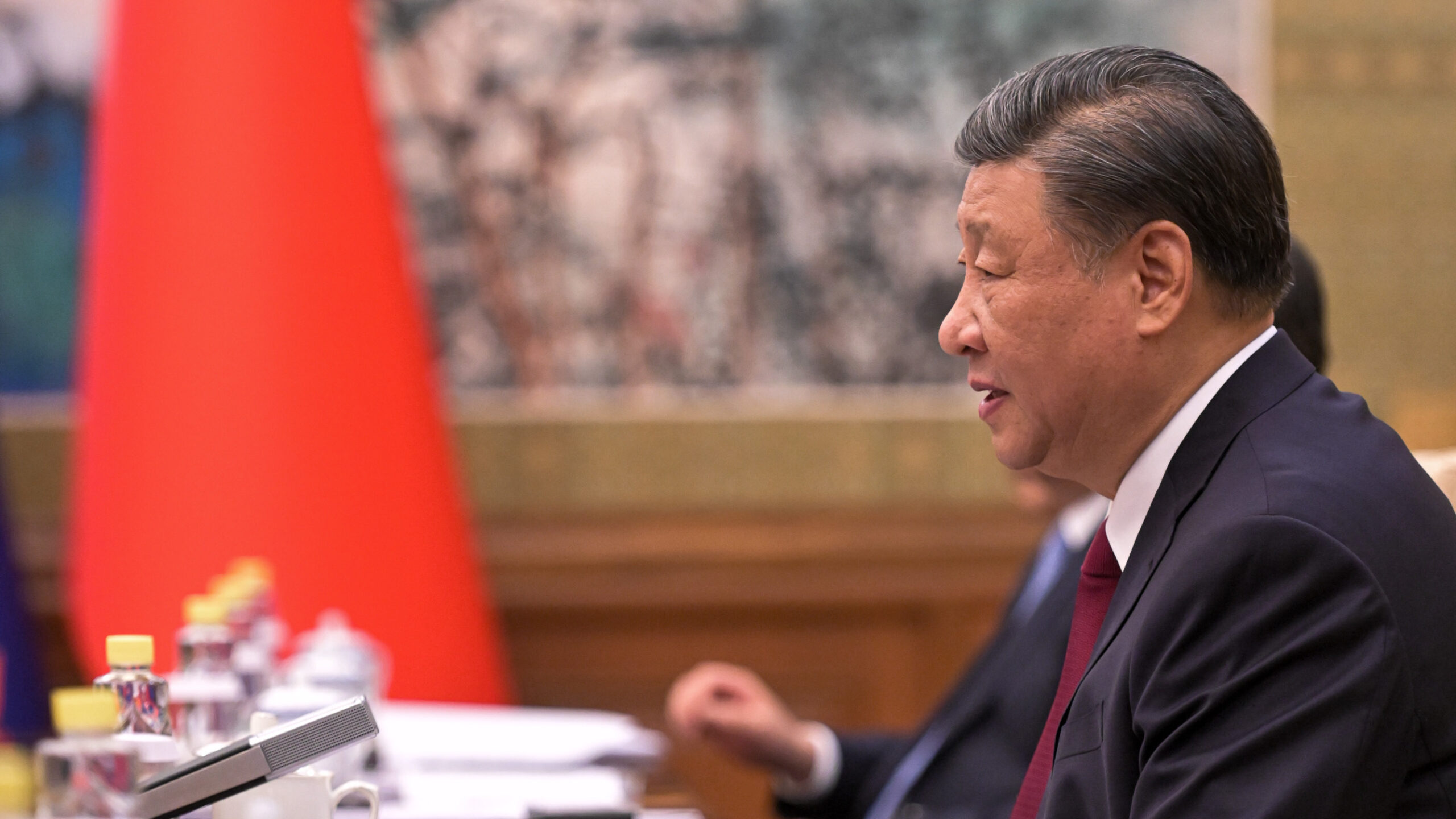
Government officials from major steel-producing countries failed to reach an agreement at their April 18 high-level meeting in Brussels on a politically binding joint communique laying out the policy steps they would take to address the global overcapacity situation, with U.S. officials and another informed source blaming China and other unnamed countries as the main obstacles.
[Daily News| April 20, 2016 |Inside US Trade]
In the absence of a joint communique, the U.S. government late Tuesday (April 19) issued a joint statement endorsed by the U.S., Canada, the European Union, Japan, Mexico, South Korea, Switzerland and Turkey that laid out five policy steps that “could be taken” to address the challenges faced by the global steel industry.
These are broadly to avoid subsidies that contribute to overcapacity; ensure that government policies do not encourage net expansion of steelmaking capacity; work together to address the detrimental impact of steel plan closures on workers; enhance information exchange on capacity developments and steel subsidies; and ensure state-owned enterprises do not receive special benefits that distort competition.
Chinese Assistant Minister of Commerce Zhang Ji, who led his country’s delegation, vehemently defended China’s steel policies at the meeting and warned other countries against imposing “trade protectionist measures,” according to an April 19 press statement from China’s Ministry of Commerce.
He said China “has taken effective measures to reduce steel overcapacity,” is committed to expanding domestic demand for steel products, provides no subsidies to stimulate steel export, and imposes export tariffs on certain steel products.
“It is wrong to attribute the difficulties in the steel sector to international trade and take frequent trade protectionist policies to limit imports. We also should not accuse economies with a competitive steel sector of providing subsidies,” he said. “China supports a free and open international trading system and adopting trade remedies in a prudent, restrained and regulated manner. We advocate that frictions should be resolved through dialogue, consultation and cooperation. The more difficult the time is, the more we should refrain from trade protectionist measures.”












